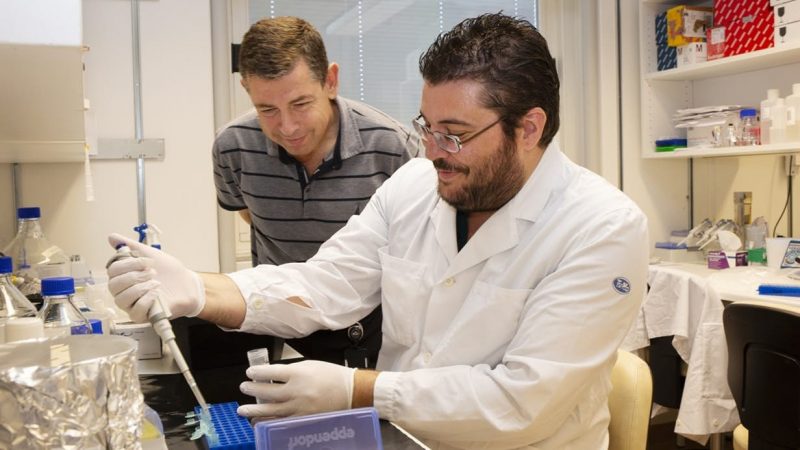
(Rich Haridy/ New Atlas) — A robust study led by researchers at Linköping University has uncovered a molecular mechanism in the brain that is believed central to the development of alcohol addiction. The research potentially explains why some people are more prone to alcoholism than others and may even lead to a new drug therapy than could treat alcohol dependance.
“We have to understand that a core feature of addiction is that you know it is going to harm you, potentially even kill you, and nevertheless something has gone wrong with the motivational control and you keep doing it,” says Markus Heilig, co-lead on the new study.
So, the researchers set out to better understand what is going on in the brain that leads to a choice being made despite the negative consequences. An experiment was set up with rats where the animals where given a free choice between sweetened water and alcohol. The alcohol, triggered by pressing a lever, was more difficult for the animals to access than the sweetened water.
After a period of time it was observed that only about 15 percent of the rats continued to work harder to get the alcohol over the sweetened water. Interestingly, the researchers note that this percentage is similar to the amount of humans suffering from alcohol addiction. (…)